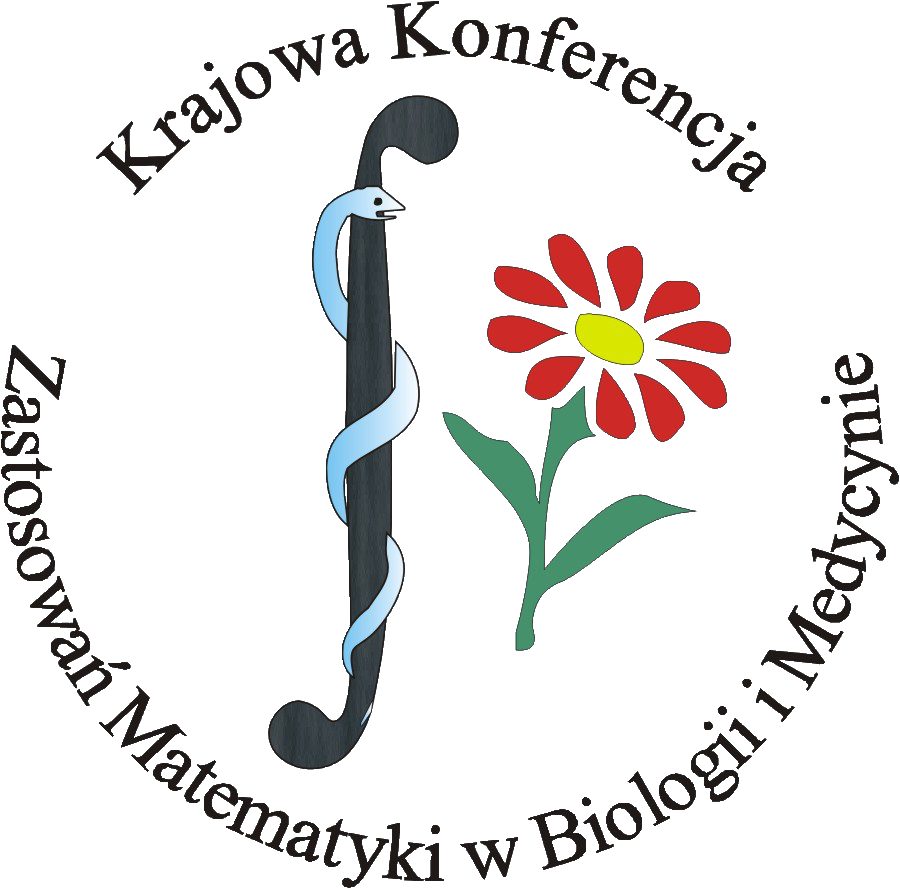
XXVIII Krajowa Konferencja Zastosowań Matematyki w Biologii i Medycynie
19 – 23 września 2023
Złoty Potok
Call For Papers
Full papers are invited on original and unpublished research on various aspects of Computational Linguistics and Digital Humanities related to Sanskrit (Classical and Vedic), Prakrit, Pali, Buddhist Hybrid Sanskrit, etc. .
You are requested to submit your research paper using the CMT3 Submission Portal: https://cmt3.research.microsoft.com/ISCLS2024.
The submissions must conform to the Submission Guidelines, and must not exceed 20 pages including text, figures and references. The submissions should include the title, abstract, and names and affiliations of all authors.
To prepare your submission, please use the LaTeX source files listed on the website, and follow the instructions provided.
-
Zgłoszenia referatów: 18 czerwca 2023
-
Potwierdzenie zakwalifikowania: 22 czerwca 2023
-
Zgłoszenia bez referatu: 1 sierpnia 2023
-
Opłata konferencyjna: 22 lipca 2023
Kontakt
Adres do korespondencji
Uniwersytet ŁodzkiWydział Matematyki i Informatyki
ul. Banacha 22
90-238 Łódź
E-mail konferencyjny:
kkzmbm@mimuw.edu.plThe areas of interest include, but are not limited to:
- Sanskrit Computational Linguistics: with Extensions to Related Ancient Indian Languages (Vedic, Pali, Prakrit)
- Digital lexicons, thesauri and wordnets
- Computational phonology and morphology
- Syntactic analysis
- Prose order normalisation
- Parsing
- Discourse analysis
- Structural semantics
- Machine translation
- Automatic analysis of Sanskrit corpus
- Navya-Nyāya and other technical language processing
- Information extraction
- Named entity recognition
- Shāstric Sanskrit Texts and Computation
- Computer modeling and simulation of Paninian and other traditional grammars
- Theories of Śābdabodha and Sanskrit computational processing
- Sanskrit Digital Libraries Management
- Tools for acquisition and maintenance of Sanskrit digital corpus
- Library crawlers or search tools in Sanskrit corpus
- Incorporation of grammatical information in Sanskrit corpus
- Automated tools for evaluation of Sanskrit poetry, e.g., meter recognition/verification, alaṃkāra identification, śleṣa analysis
- Software tools for phylogenic studies, intertextuality management, establishment of critical editions, and other philological applications
- OCR recognition of romanized Sanskrit as well as ancient Indian scripts
- Digital cataloguing of manuscripts
- Annotation and editing
- Alignment of text with images (including manuscripts)
- User interface design
- Miscellaneous Computer Applications Relevant to Sanskrit
- Software tools for teaching Sanskrit
- Sanskrit speech recognition and synthesis
- Tools and applications for Sanskrit dissemination



